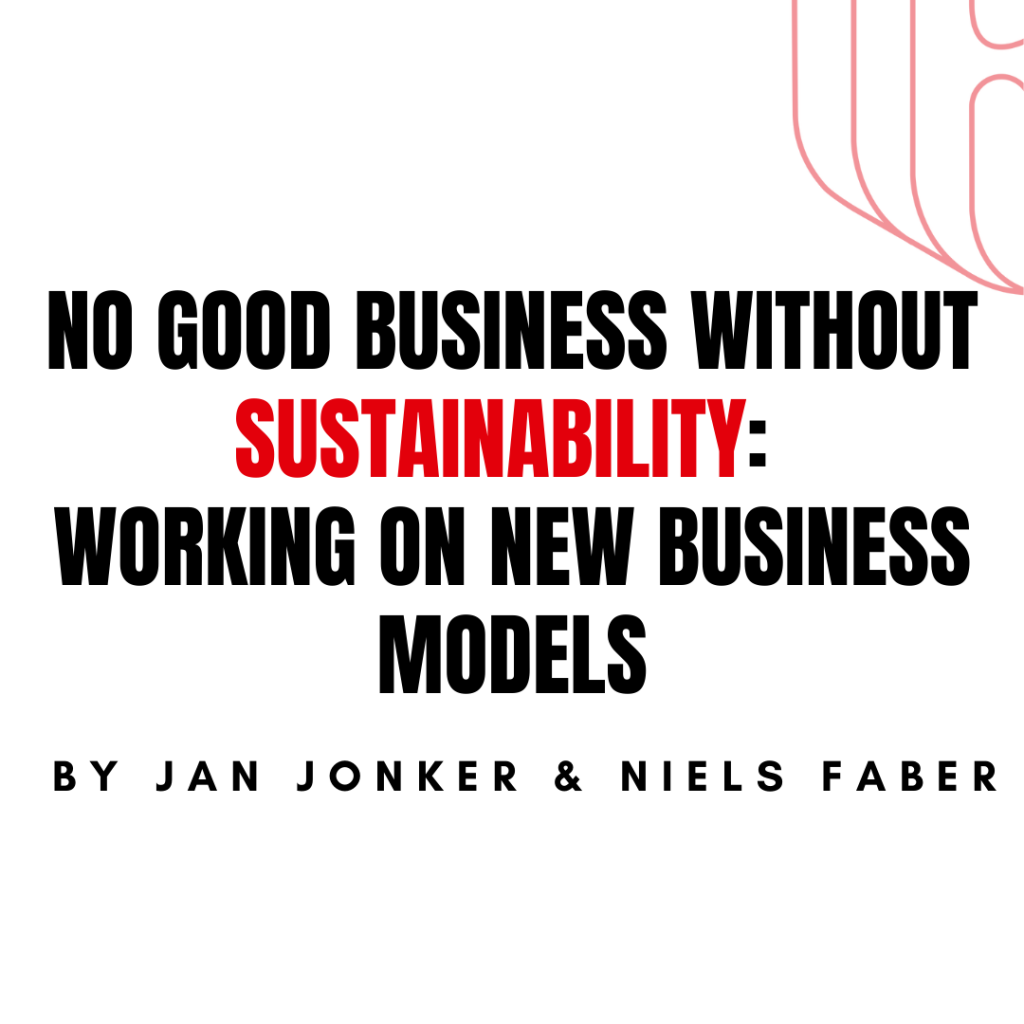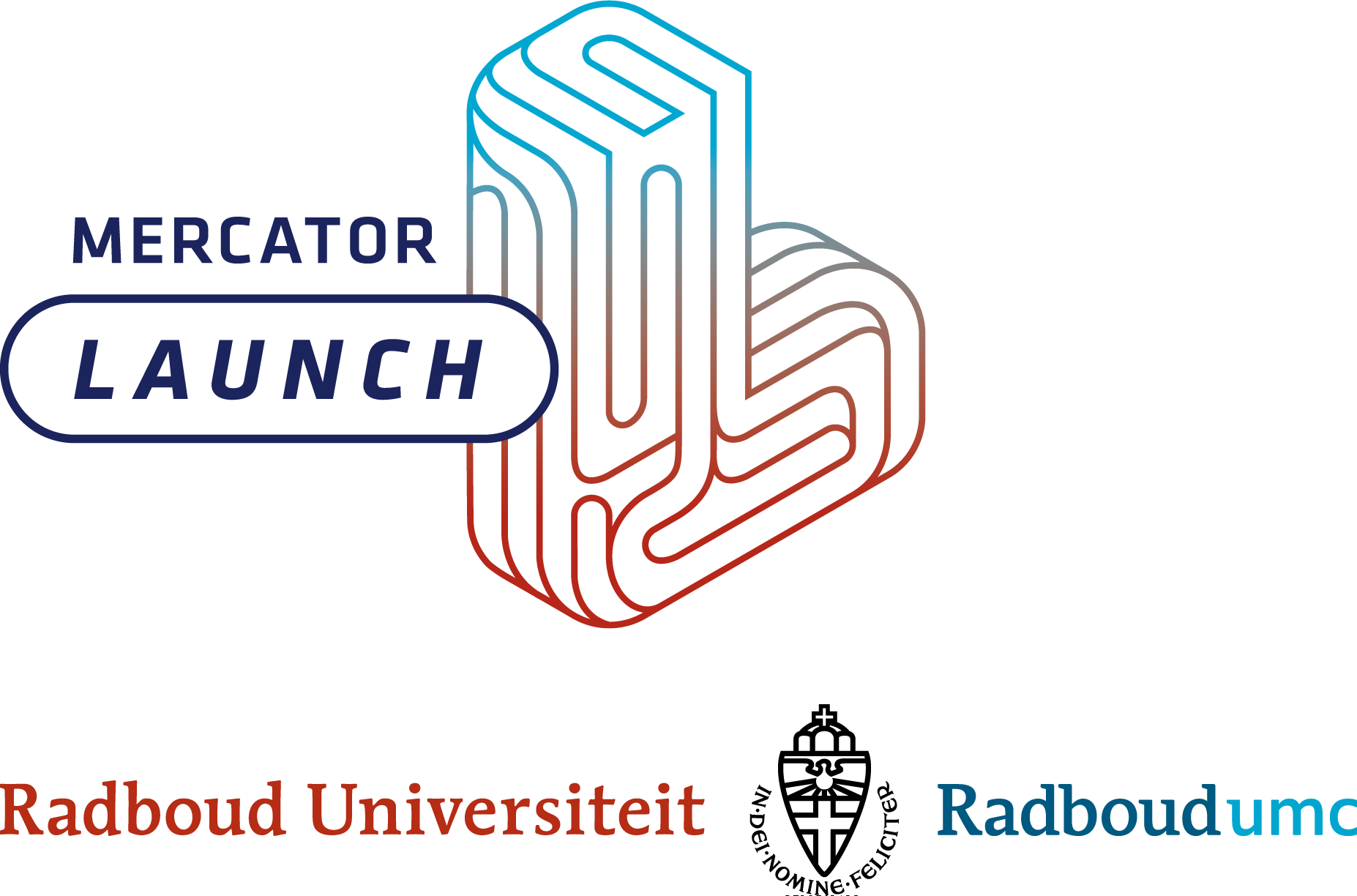
By Jan Jonker (Radboud University) and Niels Faber (University of Groningen)
‘It can and should not have escaped you that we currently live in a time of fundamental change, or transition. Whether you look at the recent IPCC Report, the European Green Deal or the Dutch Transition Agendas, the message is the same everywhere: we need real change and we need it now. But that’s easier said than done. After all, we have an existing (linear) economy that is based on principles that are fundamentally under discussion. But how we should be doing things differently is not self-evident. Because we still want the same things: water from the tap, bread on the table and electricity. Now we just want them in a sustainable way.
We live in a Western society in which everything we do is (partly) organized by others. Something we generally take for granted. It means we can do ‘our own thing’ because much of what we need is made, taken care of or done by organisations. It is in and through organisations that we must achieve sustainability. Sustainability means as much as ‘more or at least the same with less impact and above all in a different way’. To achieve sustainability, we need to use other raw materials for our products, generate green energy, produce less waste and – last but not least – contribute to biodiversity and social inclusiveness. Realising that means doing business differently, with a focus on adding value to society. That requires a new generation of companies and entrepreneurs. After all, most of today’s companies still have a ‘business case’ with monetized values at their core.
For sustainability in business to really work it is imperative that things need to change. Business should be based on other values such as sustainability, circularity and inclusiveness. This is easy to say, but how do you do that? How do you start a company based on these principles? It calls for a different generation of business models. After all, a business model is the heart of a company. With a business model you embody the values your organization realises, for your customers but also for society. Creating such a business model is an art in itself.
To help entrepreneurs create a sustainable business model, we have created multiple different templates. Very recently, we launched our new book entitled ‘Organizing for Sustainability’ (Palgrave/Springer). This book offers a step-by-step approach in three phases and 10 steps to create your own business model. The publication is Open Access, which means that anyone can download the eBook for free: lnkd.in/d8GKDdk. There is no better way to start working on your own sustainable or circular business model than this. Have fun!’
Want to find out more about sustainable business (models)? Feel free to contact us!
